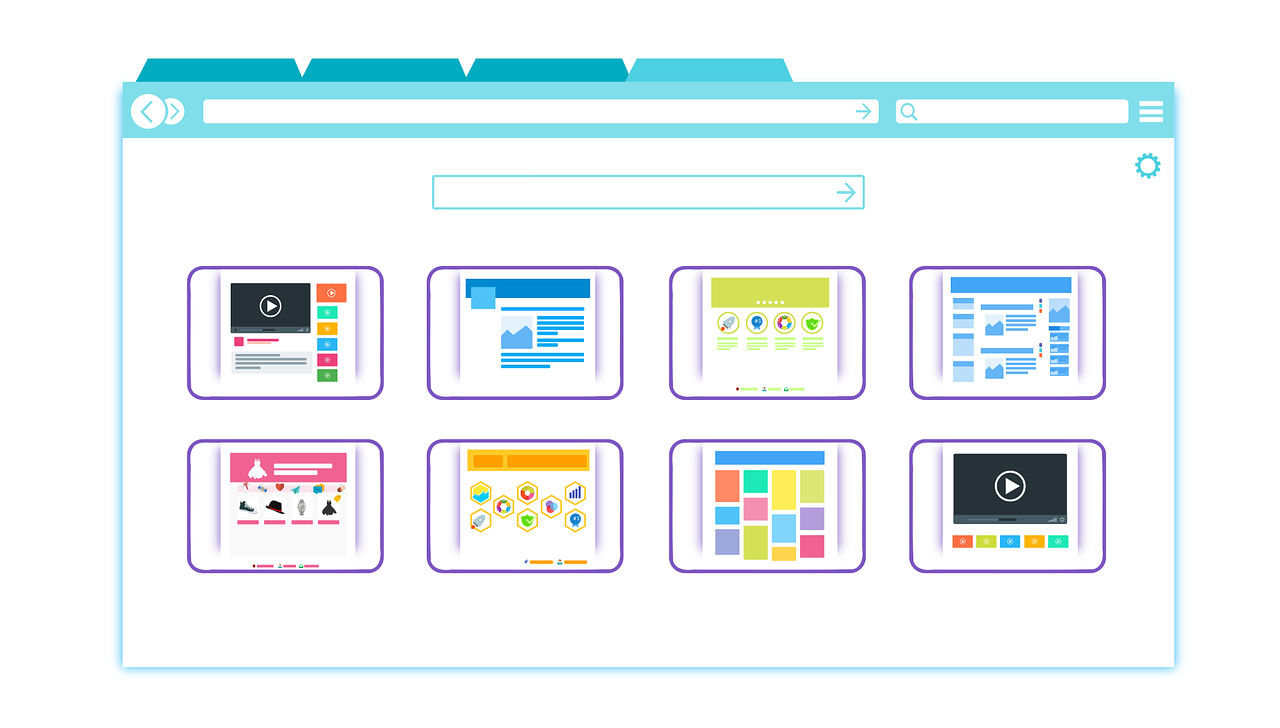The way that people study is changing. Whereas most studying used to take place in a library or classroom, this is no longer the case. Even if you are studying complex materials in the medical-related field, it is possible to learn and practice a ton, simply by heading online.
While the classroom and library still have their benefits, there are many who believe that online learning and studying is the future. It is efficient, quick, and can be completed anywhere. But just how can students gain access to and use online material to study? Well, that is exactly what this blog post is going to take a closer look at.
The Evolution of Online Medical Learning
Browse the Internet

The first way that people can study complex information online is simply by browsing the internet. A simple Google search on nearly any topic can provide you hundreds or thousands of links to exactly what you’re looking for.
Whether you want to learn about Medicare prescription drug coverage, learn what goes into heart surgery, or practice for the MCAT, the information you seek is only a search away. Of course, not everything you read on the internet is true. Be sure to look at the sources for every piece of information you read and perform deeper research to ensure it is accurate and backed up.
With billions of people using the internet, there is bound to be some misinformation. But while this is true, if you can wade through this and browse intelligently, the internet is a truly amazing source of knowledge and educational resources
Consider Online Courses

While you can find a lot on the internet, there will be some specialized information that might be a little more challenging. There are plenty of online courses out there taught by experts and institutions that can educate you on a variety of different subjects.
Some of these courses might be free, some may require you to sign up with your email, while others will need to be purchased. Of course, before signing up for or paying for a course, do some research to ensure it is legitimate and valuable, and that you’re not just getting scammed.
These can go over everything from fairly introductory topics, to ones that are much more complex. The way these courses are delivered can also vary. Some will have video lessons, some will be text-based and others will simply provide you with materials and worksheets and allow you to go at your own pace.
Buy Academic Materials Online

If you prefer to study only from official sources like textbooks, you no longer need to go to the library to get them. All different types of online textbooks are available to be purchased or downloaded from many different sources. Even if you don’t need it for a class, these textbooks can be great sources of information for the topics you want to learn more about.
They are great for being able to have with you at all times on your phone or tablet, and for quickly doing some studying when you have the time. In addition to online textbooks, subscribing to medical journals can be a great way to educate yourself on some important issues in the medical field. Many of these have been published for decades and are full of original research, commentary, and other helpful information.
Learning is done online more than ever before. By using online courses, buying materials or even just browsing the internet, you can gain access to various different complex medical-related material.





